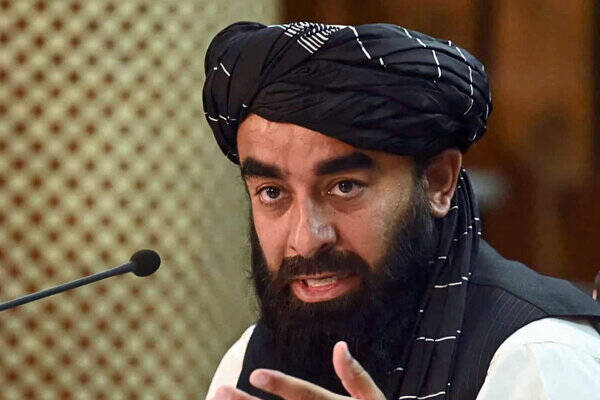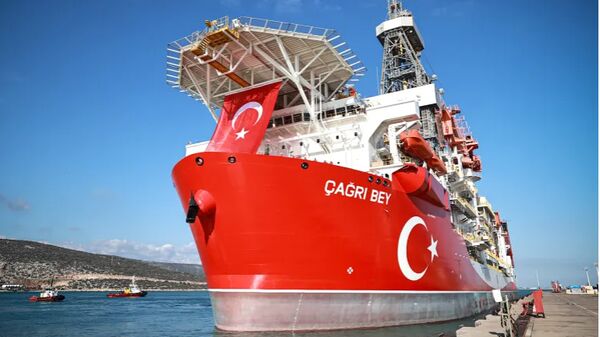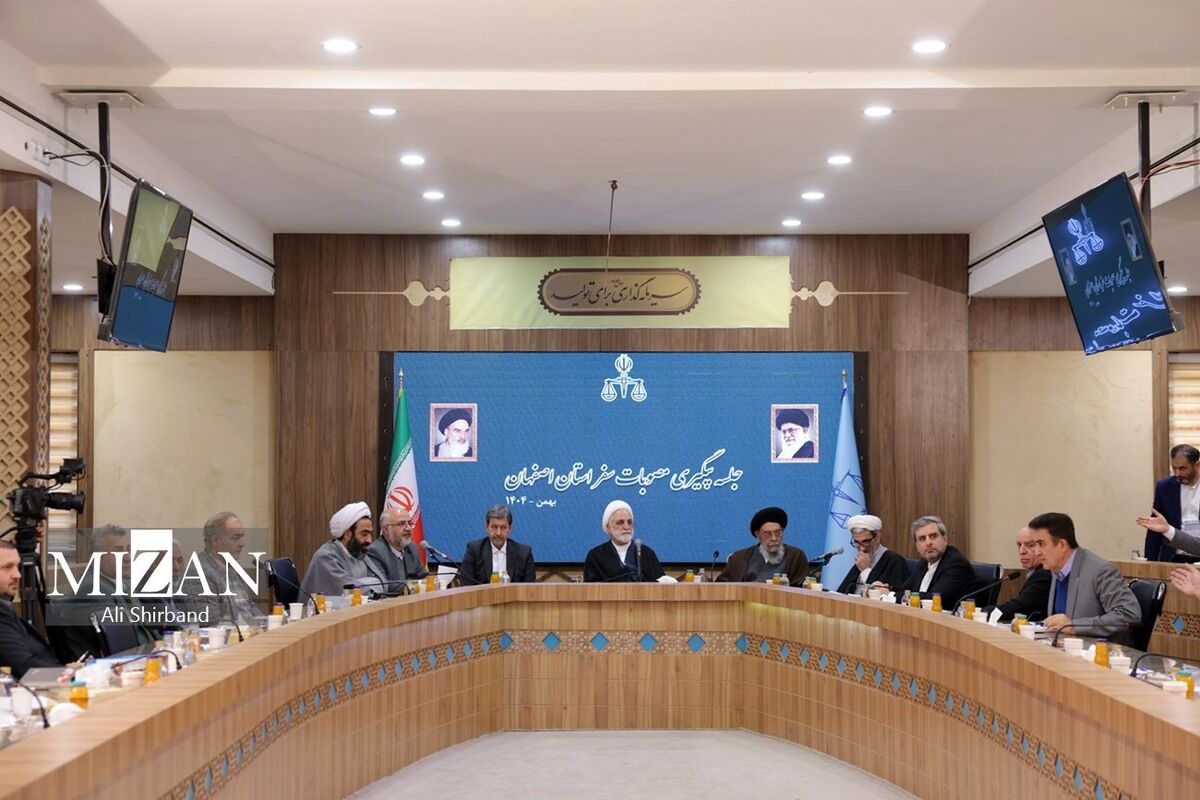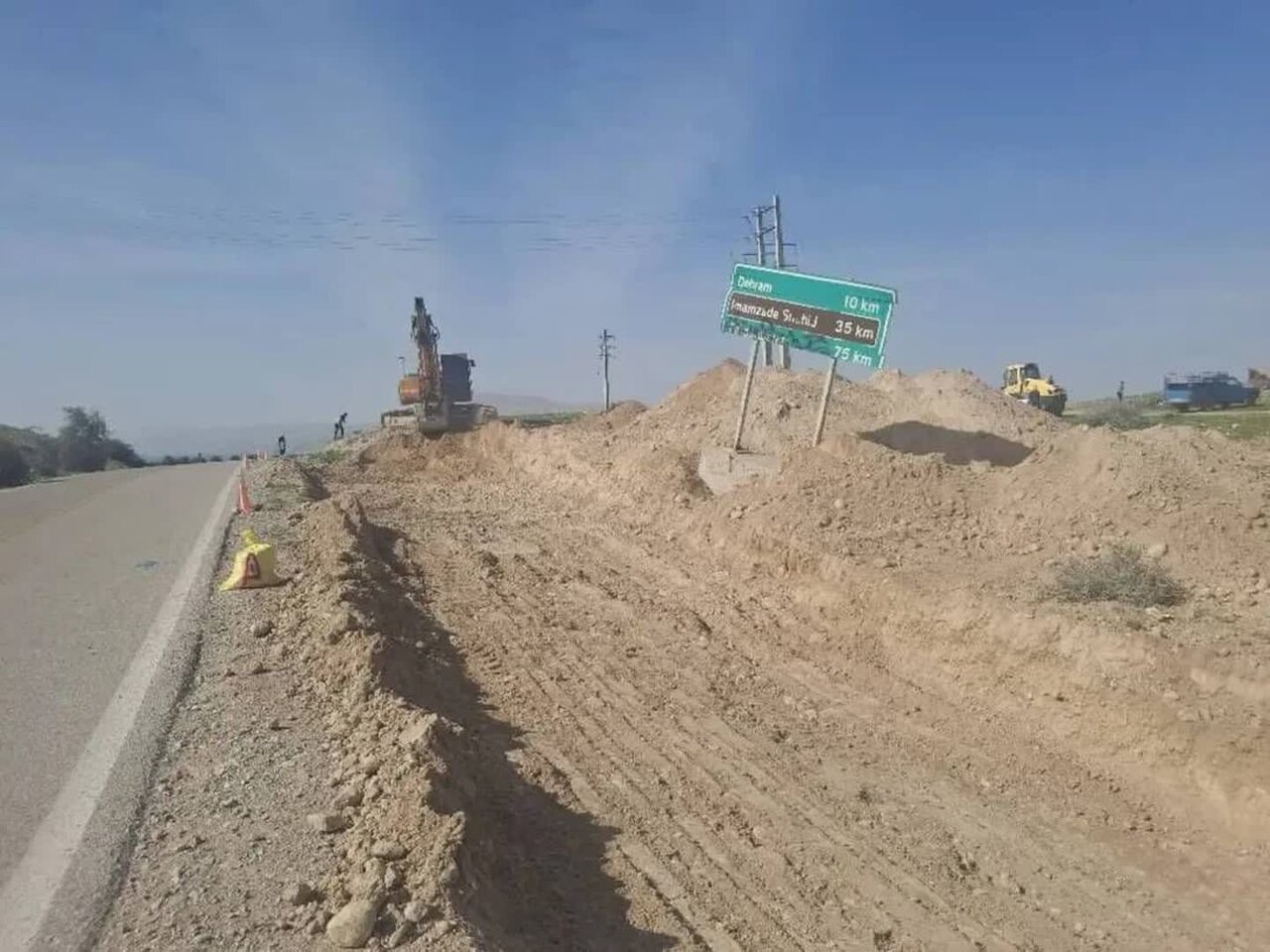UK judges clarify limits on intelligence agencies' complicity in foreign torture
UK judges clarify limits on intelligence agencies' complicity in foreign torture

Senior British judges have clarified, for the first time, the legal limits on how far the UK's intelligence agencies can cooperate with foreign partners accused of torture, ruling that UK officials must not play any active role in encouraging or facilitating it.
The Investigatory Powers Tribunal (IPT), chaired by Lord Justice Singh and Lord Boyd of Duncansby, examined whether MI5, MI6, GCHQ and the Ministry of Defence were complicit in the torture of two men held by the CIA between 2002 and 2006.
The tribunal concluded that the agencies acted within their legal powers but used the judgment to draw a clear line between lawful intelligence sharing and unlawful complicity in torture.
“There is nothing unlawful in principle if the Respondents receive information which has been obtained by the torture of a detainee by the authorities of another state,” the judges ruled.
“But they must not do anything actively to encourage the obtaining of information by torture, for example by providing questions to be asked in circumstances where they are aware, or ought reasonably to be aware, that torture is being used.”
The case was brought by Mustafa al-Hawsawi and Abd al-Rahim al-Nashiri, two Saudi nationals who have been detained at Guantanamo Bay for more than two decades.
Both men allege that British agencies were complicit in their mistreatment by US authorities at secret CIA “black sites” across Afghanistan, Poland, Lithuania, Romania and Morocco.
Their lawyers, from the human rights groups Redress and Sternberg Reed, argued that UK agencies provided questions and intelligence to the CIA while knowing the men were being subjected to waterboarding, sleep deprivation, mock executions and other abuse.
The IPT - which sits largely in secret to hear complaints against the intelligence services - acknowledged that both men suffered “brutal interrogation” and “severe mistreatment”. However, it found no evidence that British agencies exceeded their authority and rejected the claims made by the two detainees.
The tribunal accepted the agencies’ admission that they had been “too slow to appreciate” the risk of abuse in US custody and that clearer guidance should have existed before 2006.
It also accepted the government’s assurance that the UK "does not participate in, solicit, encourage or condone the use of torture or cruel, inhuman or degrading treatment".
'The law will not lend its support to the use of torture for any purpose whatever'
- Investigatory Powers Tribunal ruling
While rejecting the men’s claims, the ruling is being seen as a significant clarification of how domestic law constrains intelligence cooperation with states that engage in torture - a question that has hovered over British security policy since the exposure of CIA abuses in the early 2000s.
The judgment reinforces the ban on torture in both domestic and international law. The tribunal described the prohibition as a “constitutional principle” of the common law and reaffirmed that the UK must not assist or appear to endorse the practice under any circumstances.
“The law will not lend its support to the use of torture for any purpose whatever,” the panel said. “It has no place in the defence of freedom and democracy.”
The IPT emphasised that it was not conducting a public inquiry or assigning criminal liability - unlike earlier investigations into British complicity in post-9/11 detentions. In 2018, Parliament’s Intelligence and Security Committee found that MI5 and MI6 had been involved in hundreds of cases of detainee mistreatment or rendition by foreign partners, sparking calls for greater accountability.
Narrow distinction
Human rights advocates say the new judgment exposes how UK law continues to draw a narrow distinction between receiving information obtained under torture and participating in it. Critics argue this risks allowing moral complicity to persist under legal cover.
For the government and the intelligence agencies, however, the ruling offers judicial confirmation that the sharing of information with allies such as the US remains lawful - provided British officials do not cross into active participation in abuse.
Both Hawsawi and Nashiri remain imprisoned at Guantanamo Bay, where they face trial before US military commissions. Their treatment has been condemned by international bodies including the European Court of Human Rights, which found multiple states complicit in their abuse through hosting CIA detention sites.
According to a US Senate report into the CIA torture programme, at one detention facility in Afghanistan, Hawsawi was subjected to rectal examinations conducted with such “excessive force” that he was left with severe injuries and ongoing health issues.
Enhanced interrogation techniques
The report noted that Hawsawi was among detainees subjected to other CIA “enhanced interrogation techniques, despite doubts and questions surrounding their knowledge of terrorist threats and the location of senior al-Qaeda leadership”.
US authorities did not acknowledge his detention until after he was transferred to Guantanamo Bay in September 2006.
Hawsawi’s complaint to the tribunal said there was “credible evidence” that British agencies had provided questions or information to US officials interrogating him, and received information obtained during interrogations despite knowing he was being subjected to torture.
Nashiri was captured in the United Arab Emirates in October 2002 and detained over his alleged involvement in an al-Qaeda attack on the USS Cole, a US Navy warship, in Aden, Yemen, in 2000.
'There is an irresistible inference that the UK agencies participated in intelligence sharing in relation to the complainant and were complicit in his torture'
- Hugh Southey, lawyer for Abd al-Rahim al-Nashiri
According to the Senate torture report, Nashiri was repeatedly subjected to torture and mistreatment despite assessments by interrogators that he was compliant and cooperative.
These included being placed in a “standing stress position” with his hands tied above his head for two-and-a-half days, and having a pistol held to his head and a cordless drill operated near his body while naked and hooded.
Nashiri’s lawyers argue that he was of “specific interest” to British intelligence and allege that British authorities allowed a private jet used by the CIA to render Nashiri from Thailand to Poland in December 2002 to use Luton Airport to refuel.
“There is an irresistible inference that the UK agencies participated in intelligence sharing in relation to the complainant and were complicit in his torture and ill-treatment,” Nashiri’s lawyer, Hugh Southey, said in court documents presented to the tribunal.











